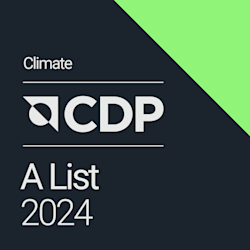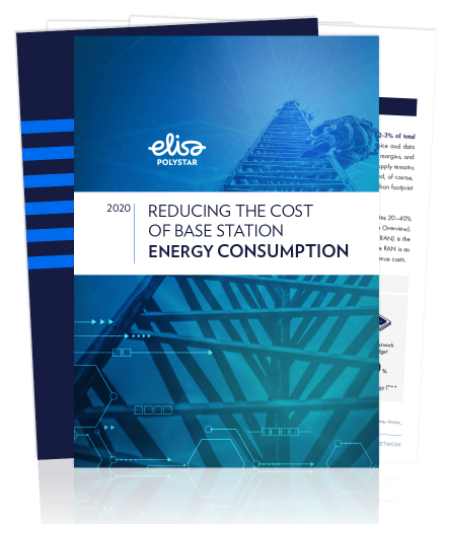The information and communications technology (ICT) industry is a key stakeholder in transforming our society’s way of operating, to become more environmentally sustainable and to mitigate climate change. For us to effectively enable other stakeholders to reduce their environmental footprint, we must first take care of our own carbon emissions.
Climate change mitigation and reducing carbon emissions are two of our main targets and have been part of Elisa’s strategy implementation since 2009.







